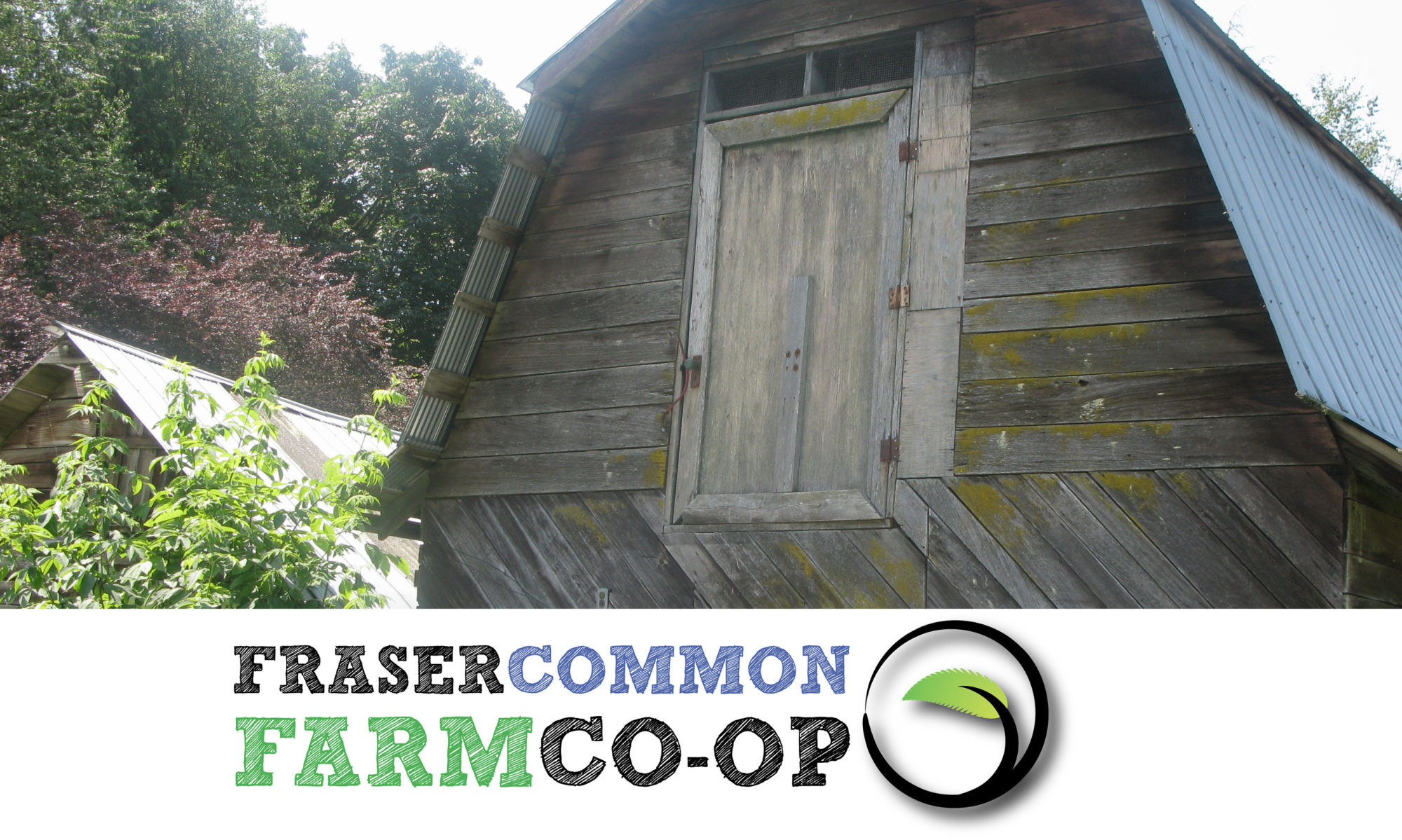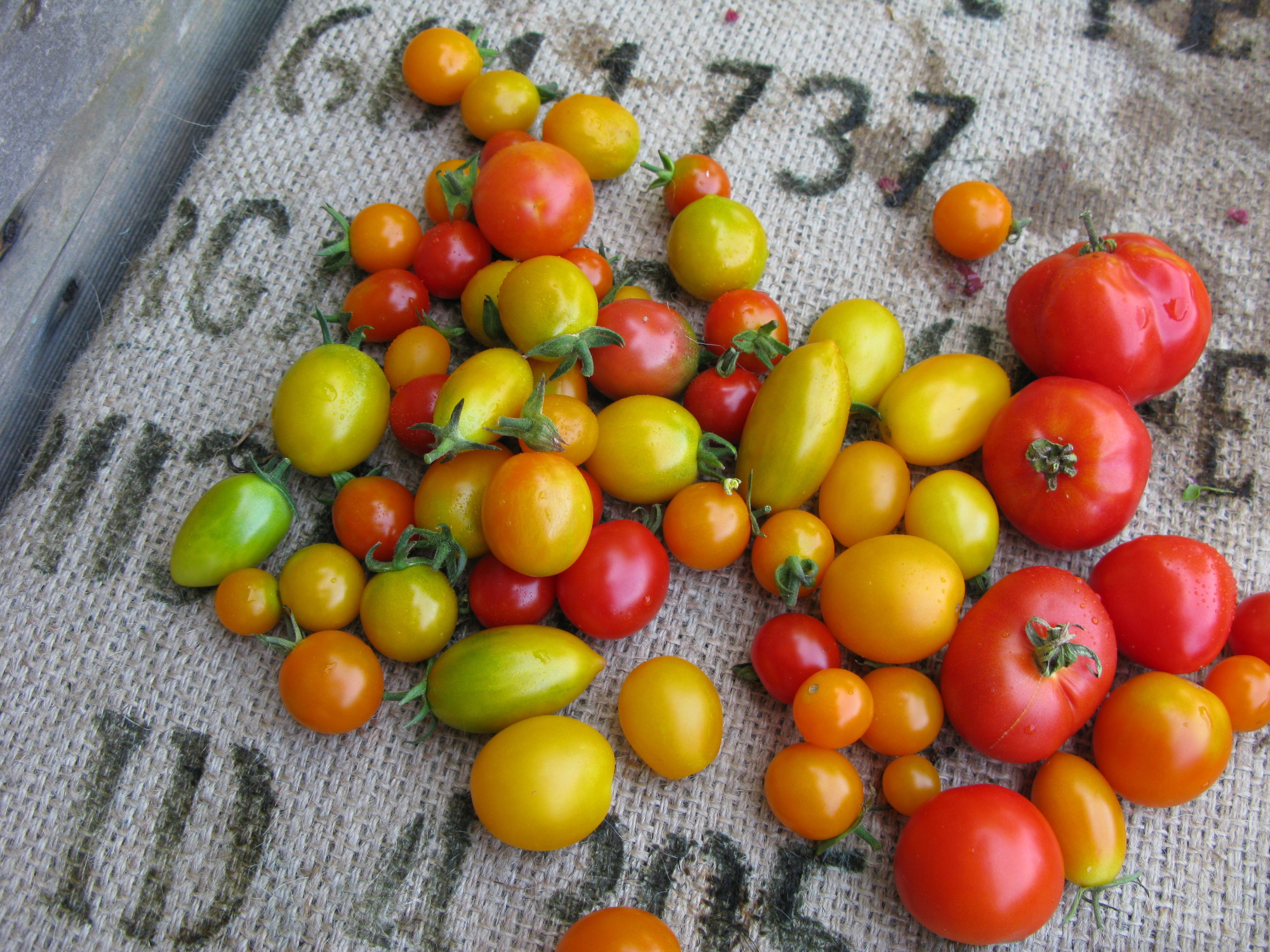We invite you to join our 45-year-old co-operative community farm.
Some of you already know us and may want to be more involved –
Perhaps you…
- buy our produce from the Organic Farm Connection stalls at Trout Lake, Kitsilano and White Rock farmers markets, or
- serve Glorious Organics’ Celebration Salad at your restaurant, or
- are a CSA member that subscribes to our weekly produce box program, or
- are a long time friend of the farm, a person who attends our workshops, sends your kids to Farm Camp or wouldn’t miss our seasonal celebrations, or
- helped us win $25,000 to turn our barn into a community facility by voting in the Co-operators Contest. We are currently on a fund raising campaign to add electrical service and winterizing to complete our vision of a year round space for farm-based programs, meetings and celebrations.
If you have always wanted to “own a farm” – a place in the country you to relax, meet the farmers who grow your food, bring your family and friends for a picnic, make Fraser Common Farm your place. If you have ideas, and want to take leadership to make them happen, that’s even better!
Top 3 reasons to become a member
• Invest in a Community Farm in the Fraser Valley
• Participate in social, educational, and other farm experiences – including annual spring and fall celebrations
• Find your place within an interdependent, co-operative community.
Ready for the next step? Fill out the Membership Enquiry form to the right to connect with the Membership Team.
Frequently Asked Questions…
Q 1 – Who are you looking for?
A1 – We welcome prospective members who embrace our vision, share our values and will engage in helping to plan and accomplish our goals. Members of FCFC participate in a variety of self-determined ways according to their available time, skills and resources. Some folks help out at work parties. Some make financial pledges to help cover expenses. Others take satisfaction from knowing their shares help to protect organic farmland and support the viability of a local initiative where skills and tools for a sustainable future are being developed and practiced.
Q 2 – What’s a Co-op and how does it work?
A 2 – In B.C., a cooperative association (co-op) is an organization that is “owned and operated by the people who use and benefit from its services”. Members help to capitalize the assets of the Co-op by purchasing shares. Shares in FCFC are at par value – no interest is paid on them. Shares are fully refundable within a year after the member notifies FCFC in writing (or by email) that they no longer want to be a member and request to have their share capital redeemed.
Q 3 – How long has FCFC been going?
A 3 – 2022 is our 45th anniversary! The vision of a Rural/Urban Intentional Community coalesced after the United Nations’ Habitat Forum 1976 in Vancouver. Our founding members lobbied hard with CMHC to build a housing co-op in Kitsilano (Community Alternatives Co-op) and in 1977 pooled their resources to incorporate and purchase Fraser Common Farm Co-operative in Aldergrove.
Q 4 – How much does a share cost?
A 4 – Shares in FCFC are $1000 each. Each member has a minimum of one share and can purchase up to 10 shares. Regardless of the number of shares held, each member has one voice in making decisions. We have no provision for issuing jointly held shares.
Q 5 – How do you make decisions?
A 5 – Monthly meetings are held at the farm. We use a consent-based decision making process. The facilitator makes sure all voices help shape decisions. Cathleen Kneen’s pragmatic summary (see below) describes this plays out in real life. Minutes are circulated to all members.
A simple guide to consensus decision-making
from an article by Cathleen Kneen, The Ram’s Horn, No 138, June 1996
“. . . . there are essentially four positions on any proposition:
1) I think this is great, let’s do it.
2) it’s not a bad idea, do it if you like
3) I don’t think much of the idea but I won’t stop you if you want to go ahead
4) I think this is absolutely wrong
. . . . if any one person in the group takes position 4 – I think this is wrong –
we have not reached consensus.
(Of course, if one person consistently and repeatedly takes this position,
we have probably reached a consensus that they are in the wrong organization.)
We have also not reached consensus unless the majority of the group take
position 1 and positively support the proposal.
Otherwise, realistically, it won’t happen anyway.”


